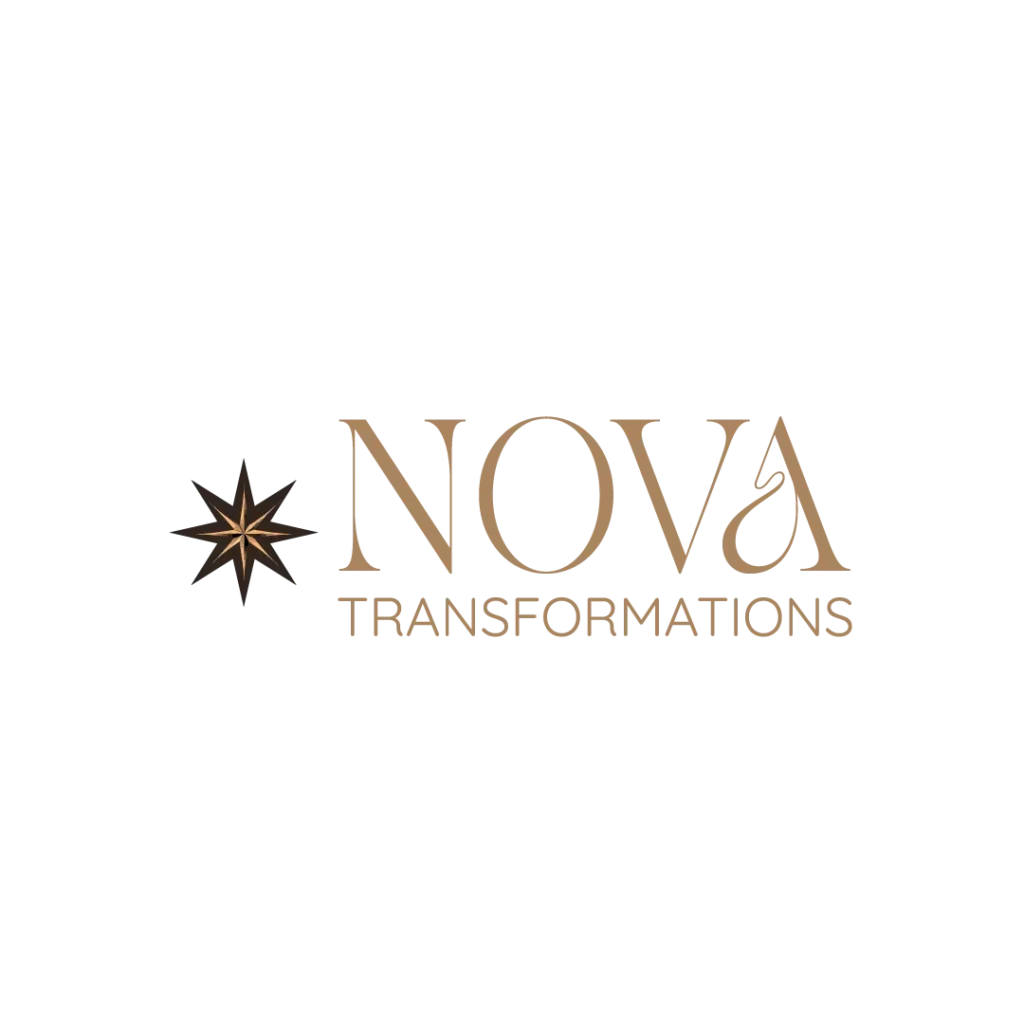Introduction to Substance Abuse Treatment
Understanding Rehab Programs
Rehabilitation programs play a crucial role in combating substance abuse. They come in various formats, including inpatient and outpatient options. Each program type offers distinct methods to address addiction issues, utilizing various treatments and therapies tailored toward individual needs. Successful treatment is often customized and involves continuous evaluations by medical professionals to ensure effectiveness and adapt as necessary (American Addiction Centers).
| Program Type | Description | Duration |
|---|---|---|
| Inpatient | Live at the facility for immersive care | 30-90 days, typically |
| Outpatient | Attend sessions while residing at home | Varies, weeks to months |
| Partial Hospitalization | Similar to outpatient but with more intense daily structure | Weeks to months |
Impact of Drug and Alcohol Addiction
Drug and alcohol addiction affects millions of individuals and families each year. National surveys indicate that only one-third of those with alcohol use disorder (AUD) attempt to quit drinking annually, and among them, just 25% manage to reduce their alcohol consumption for more than a year (American Addiction Centers).
Substance abuse can lead to a multitude of negative consequences, including physical and mental health disorders, strained relationships, and loss of employment. Since addiction is a complex disease, its treatment needs to be multifaceted, requiring various strategies, including evidence-based therapies, medication-assisted treatment, and ongoing support (American Addiction Centers).
Choosing a structured outpatient drug program can significantly enhance the chances of recovery, helping you or your loved one regain control and lead a healthier life. For comprehensive support, consider programs that integrate various treatment methodologies tailored to individual challenges in overcoming addiction.
Importance of Structured Outpatient Programs
Structured outpatient drug programs are a vital part of recovery for many individuals facing substance use challenges. These programs provide flexible treatment options while ensuring you receive the necessary support to achieve long-term sobriety.
Benefits of Outpatient Treatment
-
Flexibility: Outpatient programs allow you to maintain your daily responsibilities, such as work or school, while participating in treatment. This flexibility helps ease the transition back to everyday life.
-
Lower Cost: Compared to inpatient rehab, outpatient treatment is often more affordable. You save on accommodation costs while still receiving quality care.
-
Support Network: Outpatient programs enable you to remain at home, surrounded by family and friends. This support system is crucial for your recovery journey.
-
Customization: Many outpatient programs, such as intensive outpatient programs (IOPs), can be tailored to meet your specific needs, ensuring that you receive relevant therapy and support.
-
Long-term Care: Outpatient treatment often includes aftercare programs and support groups, which are essential for maintaining sobriety and preventing relapse. Continuing care fosters a sense of community and accountability in your recovery journey.
| Benefits of Outpatient Treatment | Description |
|---|---|
| Flexibility | Continue daily life while receiving treatment |
| Lower Cost | More affordable than inpatient options |
| Support Network | Stay connected with loved ones |
| Customization | Tailored treatment plans to fit needs |
| Long-term Care | Ongoing support post-treatment |
Key Components of Outpatient Programs
Structured outpatient programs consist of several essential components designed to enhance your recovery experience:
-
Therapeutic Sessions: Regular therapy sessions, both individual and group-based, help address the psychological aspects of addiction. This is where you can develop coping strategies and gain insights into your behavior.
-
Educational Workshops: Workshops focusing on addiction, relapse prevention, and life skills are common. These sessions equip you with the tools necessary to navigate challenges post-treatment.
-
Family Involvement: Many outpatient programs encourage family participation. This involvement can improve communication and strengthen your support system, essential elements in recovery.
-
Holistic Approaches: Some programs incorporate holistic therapies such as yoga in rehab, nutrition groups, and experiential therapies, which promote overall wellness alongside traditional treatment methods.
-
Aftercare Support: Continuous care is crucial for long-term success. Outpatient programs frequently link you to relapse prevention programs and recovery support groups, allowing for ongoing monitoring and encouragement.
By participating in a structured outpatient program, you gain access to a comprehensive network of resources designed to support your journey toward sobriety. Choose wisely, as these programs can make a significant difference in your recovery trajectory.
Nova Transformations: A Leading Choice
Overview of Nova Transformations
Nova Transformations stands out as a premier choice for individuals seeking comprehensive drug and alcohol treatment. With a commitment to personalizing care, they ensure that each patient receives a tailored approach suited to their unique recovery journey. Their structured outpatient drug program is designed to provide the flexibility and support necessary for effective recovery from substance use disorders.
Nova Transformations employs a multidisciplinary team of medical professionals, licensed mental health counselors, and support staff. This team collaborates to deliver evidence-based treatment modalities, catering to both detoxification and rehabilitation needs. For those struggling with addiction, choosing Nova Transformations provides access to supportive services that prioritize your healing process.
Specialized Detox Programs
Detoxification is often the first step in overcoming addiction, and Nova Transformations offers specialized detox programs that are medically supervised to ensure safety and comfort. These programs are integral in managing withdrawal symptoms effectively while preparing individuals for subsequent rehabilitation phases.
Here’s a simplified breakdown of what to expect from their detox programs:
| Program Feature | Description |
|---|---|
| Medical Supervision | Continuous monitoring by qualified healthcare professionals. |
| Individualized Plans | Customized detox strategies tailored to specific substance use. |
| Supportive Environment | A safe and comfortable setting aimed at promoting healing. |
| Duration | Varies based on the substance involved and individual needs. |
Nova Transformations emphasizes the importance of a well-structured approach to detox, integrating medical interventions with psychological support. This combined focus creates a foundation for successful recovery.
Their programs are designed specifically for various substances including alcohol rehab, opioid rehab, heroin rehab, cocaine rehab, fentanyl rehab, methamphetamine rehab, and prescription drug rehab. Each program responds not only to the physiological needs of detox but also to the emotional aspects of addiction recovery.
If you are considering a structured outpatient drug program, Nova Transformations offers the expertise and supportive environment necessary for lasting recovery.
Customized Rehab Approach
Every individual’s journey to recovery is unique, especially when overcoming substance use disorders. Nova Transformations emphasizes a customized rehab approach to ensure that you or your loved one receives the most effective treatment possible.
Personalized Treatment Plans
At Nova Transformations, the creation of personalized treatment plans is a fundamental aspect of the recovery process. These plans are tailored specifically to meet your individual needs, incorporating continual evaluations and modifications as necessary. This method allows for a focused strategy that addresses your unique challenges and goals. Evidence shows that customized treatment can significantly improve recovery outcomes (American Addiction Centers).
Your treatment plan may include a combination of therapies, counseling sessions, and medication-assisted treatment depending on your particular circumstances. This comprehensive approach ensures that all aspects of your addiction are addressed.
| Components of Personalized Treatment Plans | Description |
|---|---|
| Individual Assessment | An initial evaluation to understand your specific needs. |
| Therapy Sessions | Regular sessions with trained professionals tailored to your situation. |
| Flexible Adjustments | Continual modifications based on progress and feedback. |
Evidence-Based Therapies
Nova Transformations utilizes evidence-based therapies to enhance recovery outcomes. Implementing research-supported methods ensures that you receive the most effective care throughout your treatment process. These therapies may include cognitive-behavioral therapy (CBT), individual therapy, family therapy, and various holistic treatments.
- Cognitive Behavioral Therapy (CBT) – Focuses on changing negative thought patterns and behaviors.
- Individual Therapy – Provides a safe space to explore personal challenges and triggers.
- Family Therapy – Involves loved ones in the treatment process to improve support systems.
- Holistic Treatments – Such as art therapy and music therapy, aiming to heal the mind and body.
The integration of these therapies into your personalized treatment plan can greatly enhance your chances of a successful recovery. For more insights into specific therapies offered, check resources on therapy for drug addiction and therapy for alcohol addiction.
Choosing a structured outpatient drug program like those at Nova Transformations means you have access to customized plans and cutting-edge therapies tailored just for you.
Outpatient Treatment Options
Choosing the right outpatient program is crucial for successful substance use treatment. Nova Transformations offers several structured options to suit different needs, ensuring you or your loved one receives the best care possible.
Intensive Outpatient Programs (IOPs)
Intensive Outpatient Programs (IOPs) provide a comprehensive treatment option, offering at least 9 hours of service per week, usually comprising three 3-hour sessions. Some facilities may offer even more sessions or extend the duration of each session. IOPs are designed for individuals transitioning from 24-hour care or those who do not require full inpatient treatment (NCBI).
The goals of IOPs include:
- Early-stage relapse management
- Coping strategy development
- Building psychosocial support systems
- Addressing emotional and psychological well-being
The evidence supporting IOPs is robust, showing significant effectiveness in reducing alcohol and drug use, comparable to inpatient programs for many individuals seeking help (NCBI).
| Key Features | Description |
|---|---|
| Treatment Duration | 9 hours/week (3 sessions per week) |
| Session Length | 3 hours (can vary) |
| Focus | Relapse prevention, emotional support |
For more information, check our section on intensive outpatient program.
Standard Outpatient Programs
Standard Outpatient Programs offer flexible options for those in need of less intensive treatment. These programs provide therapy and counseling services without the structured hours required in IOPs. Participants often attend sessions once or twice a week, tailored to their specific needs and schedules.
Standard outpatient care is ideal for individuals who have completed a more intensive treatment and are in recovery but still require support. The primary focus is on maintaining sobriety, enhancing coping skills, and providing ongoing support through group or individual therapy.
| Key Features | Description |
|---|---|
| Flexibility | Sessions typically once or twice a week |
| Ideal for | Individuals in recovery seeking ongoing support |
For additional details, refer to our information on substance abuse comprehensive outpatient treatment.
Day Programs and Partial Hospitalization
Day Programs and Partial Hospitalization Programs (PHPs) are more intensive than standard outpatient offerings but allow patients to return home at night. These options provide structured treatment during the day while enabling participants to engage in their daily activities outside of treatment hours.
PHPs typically involve several hours of therapy, which may include group therapy, individual counseling, and skill-building workshops. They are particularly beneficial for those who require more frequent or intensive treatment, often serving as a step down from inpatient care.
| Key Features | Description |
|---|---|
| Daily Treatment | Typically several hours each day |
| Home at Night | Participants return home after sessions |
| Benefits | Ideal for those needing more intensive support |
For more insights into similar services, explore our guide on partial hospitalization program.
Each of these outpatient treatment options at Nova Transformations is designed to facilitate your or your loved one’s recovery journey in a supportive and structured environment. Whether you are seeking an intensive approach or a more flexible program, Nova Transformations provides tailored solutions to meet your specific treatment needs.
The Role of Continuing Care
Continuing care is a vital aspect of the recovery process, ensuring that you or a loved one can maintain the progress made during treatment. Aftercare and support systems help individuals transition back into daily life while providing essential resources to prevent relapse.
Importance of Aftercare
Aftercare plays a crucial role in sustaining long-term recovery after completing intensive treatment. These outpatient options offer ongoing support, monitoring, and relapse prevention strategies, helping you navigate the challenges of everyday life. Support groups and alumni programs are common components of lifelong recovery. Many individuals find that participating in these programs allows them to connect with others who share similar experiences, enhancing their support network and fostering accountability (Robert Alexander Center).
Transitioning Back to Daily Life
Transitioning back into daily life after treatment can be both challenging and rewarding. After completing stages 1 and 2 at the Intensive Outpatient Treatment (IOT) level of care, clients often move on to outpatient treatment in stage 3, which focuses on maintenance and building on the progress made during earlier stages. A structured discharge plan is essential for continuing recovery in the community, involving participation in community support groups and other necessary services (NCBI Bookshelf).
By engaging with aftercare programs, you can effectively utilize coping strategies developed during treatment. Continuing care provides a safety net as you adapt to everyday situations, ensuring you have the necessary tools and support to prevent relapse. If you’re exploring options for substance abuse treatment, consider the extensive benefits and ongoing support offered by Nova Transformations.








